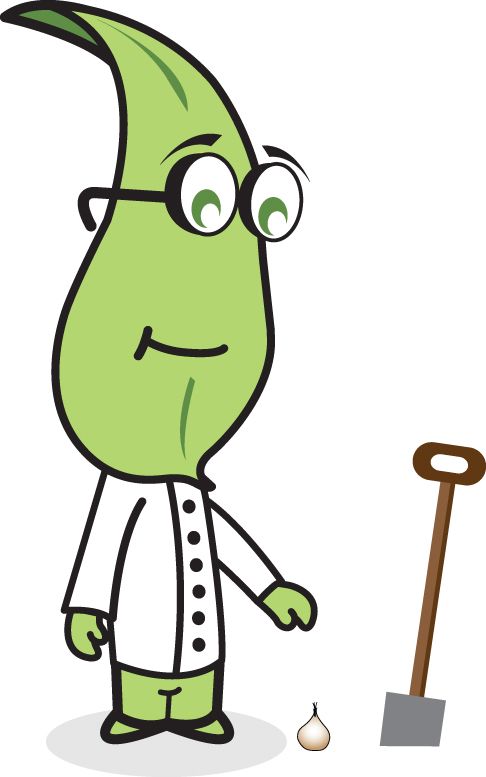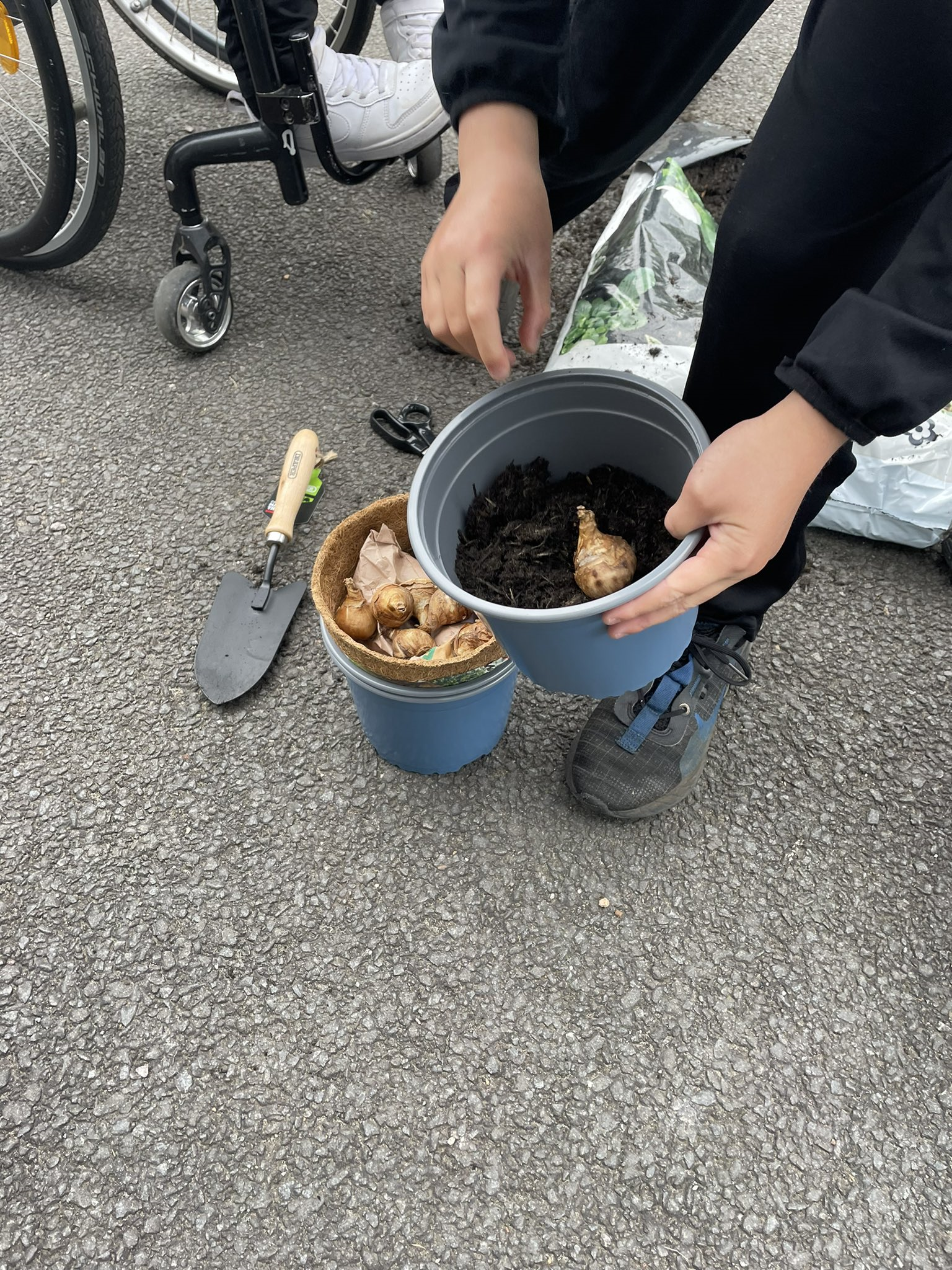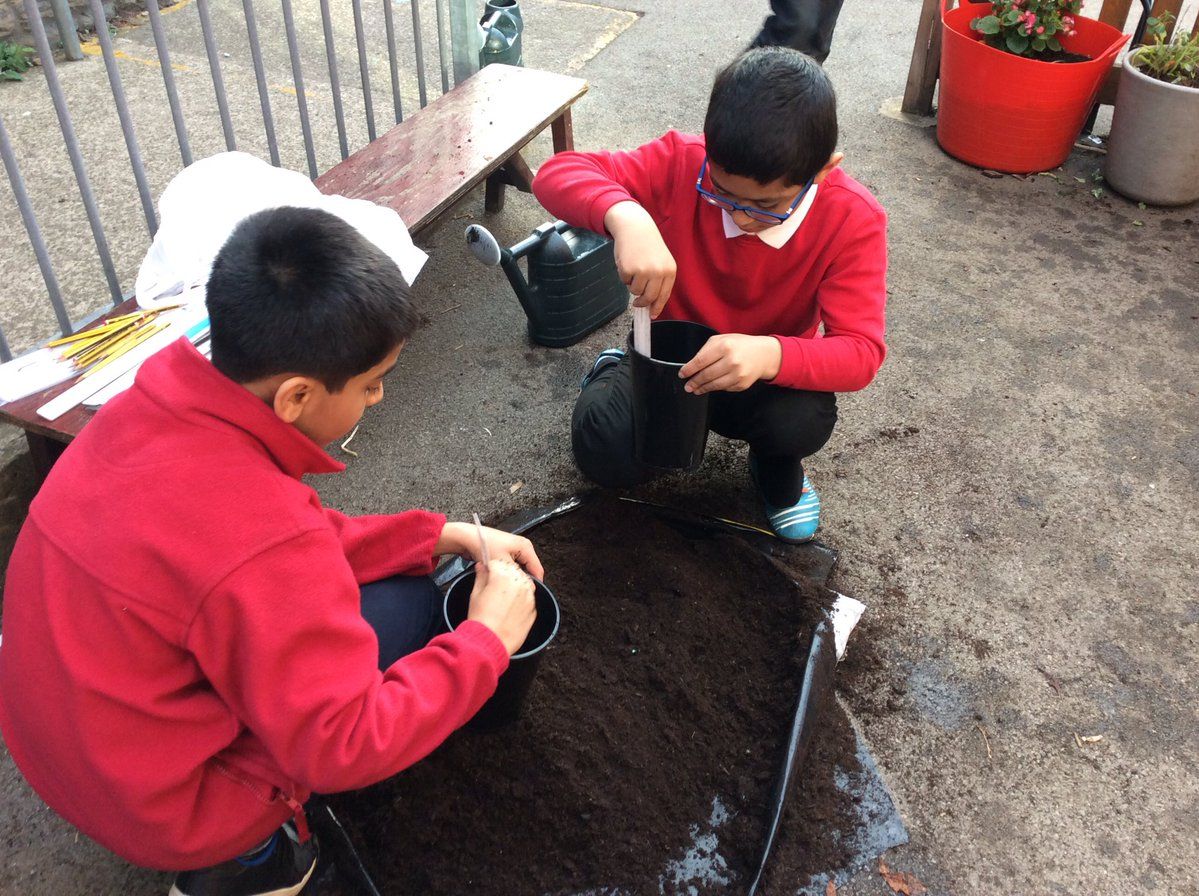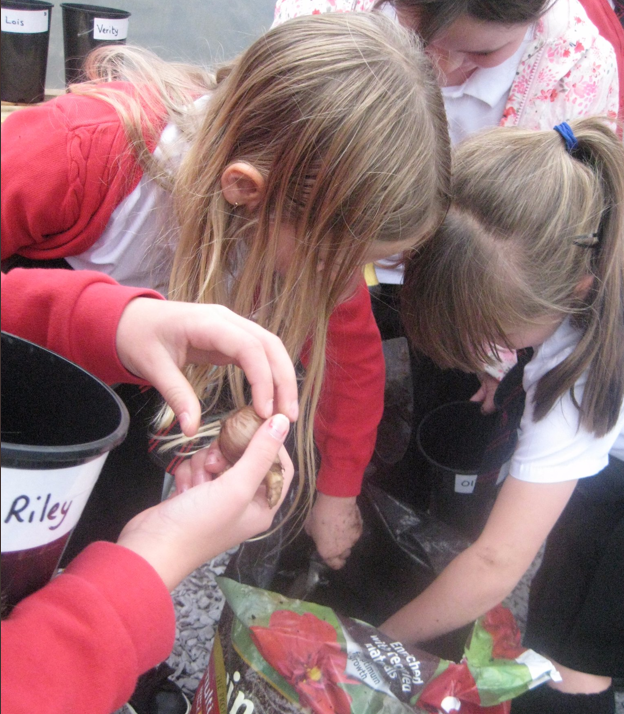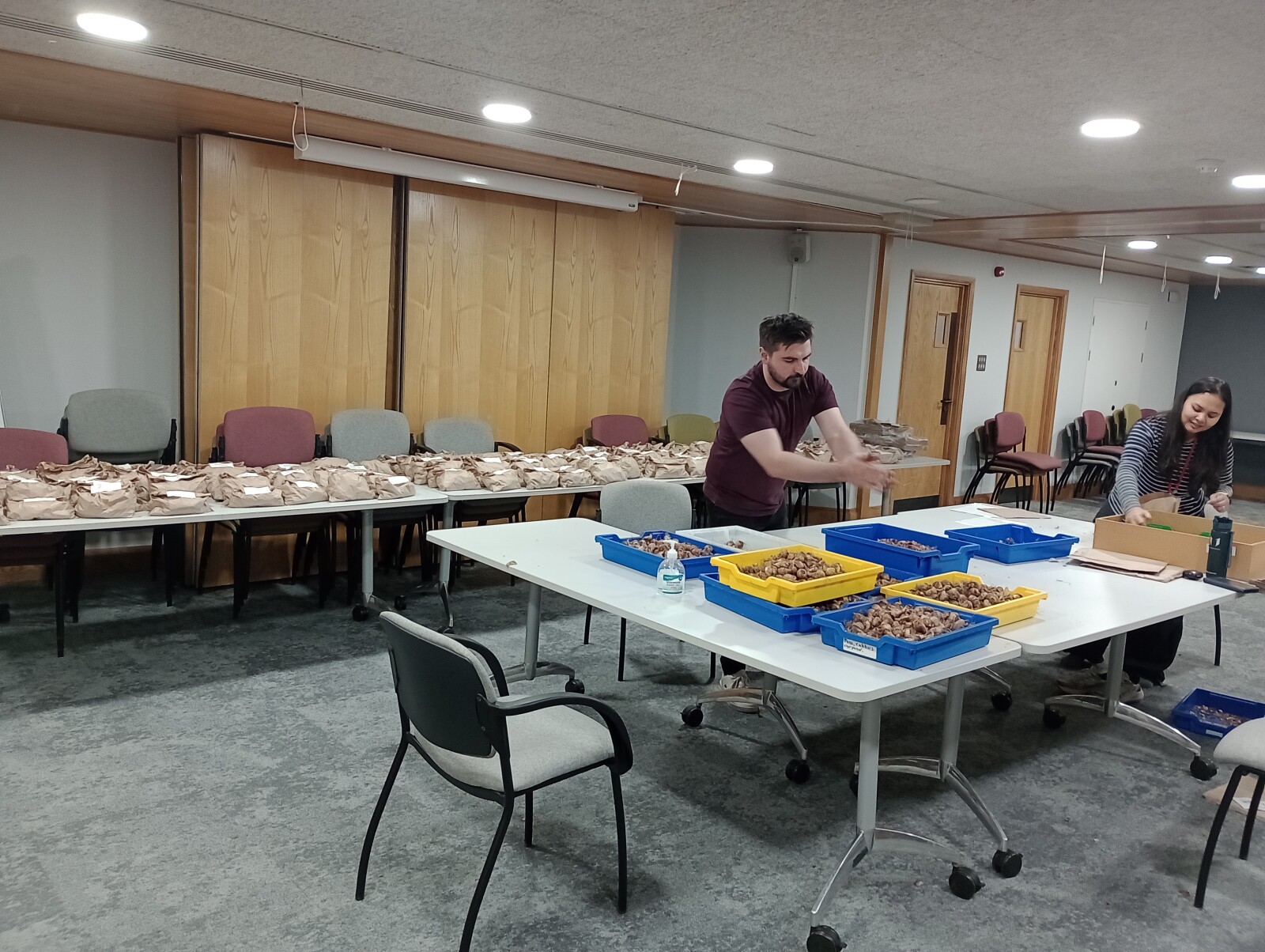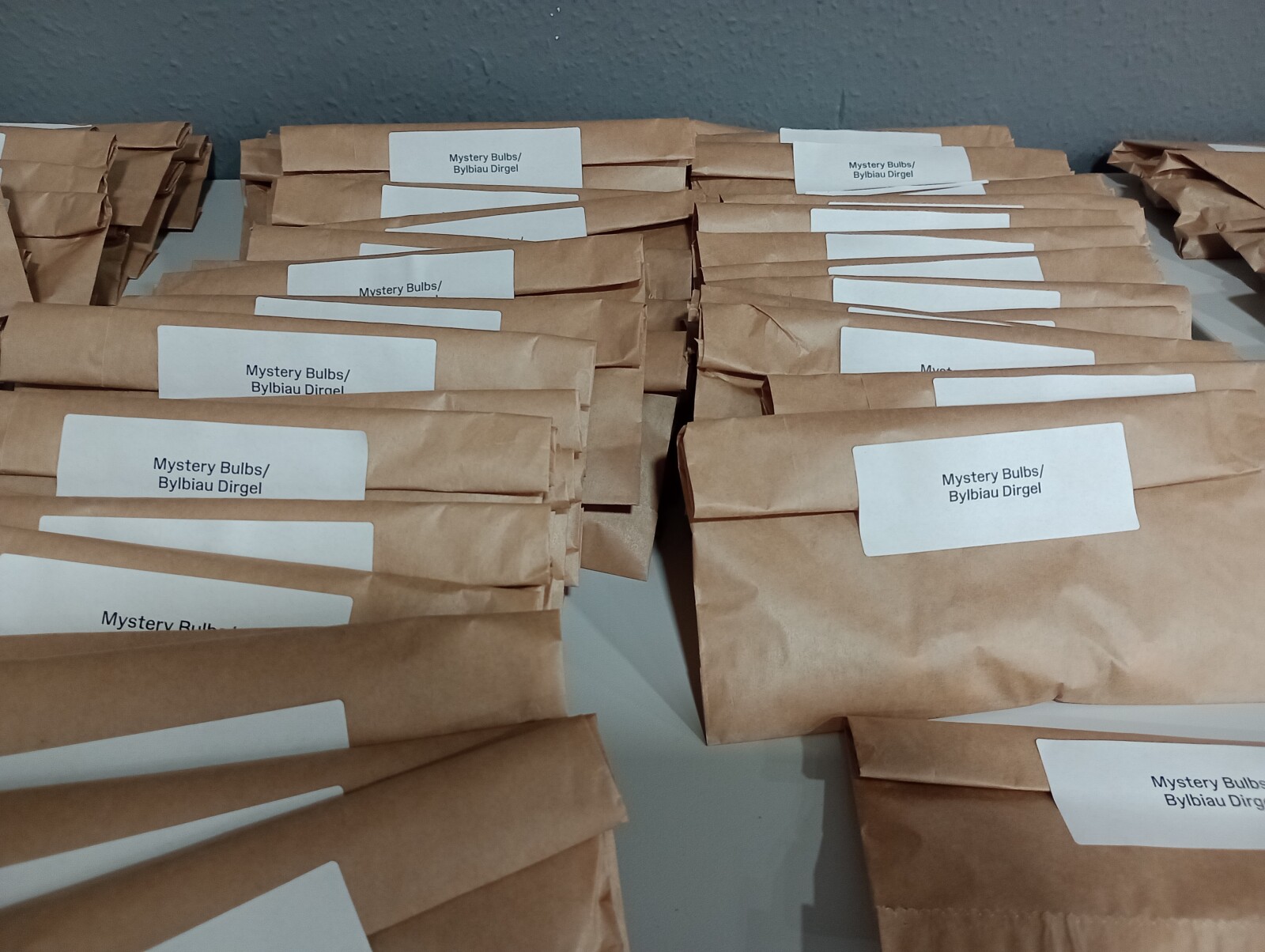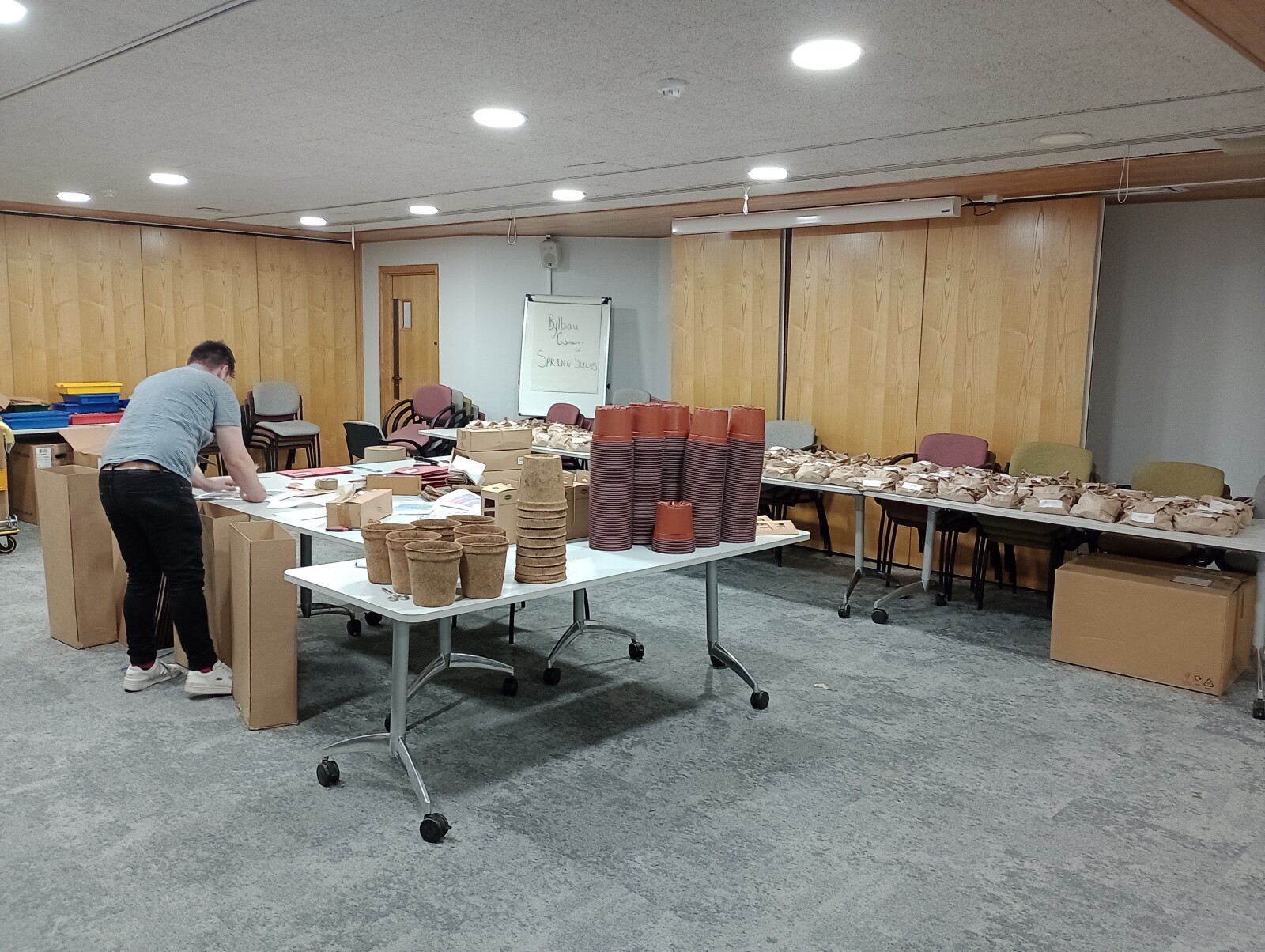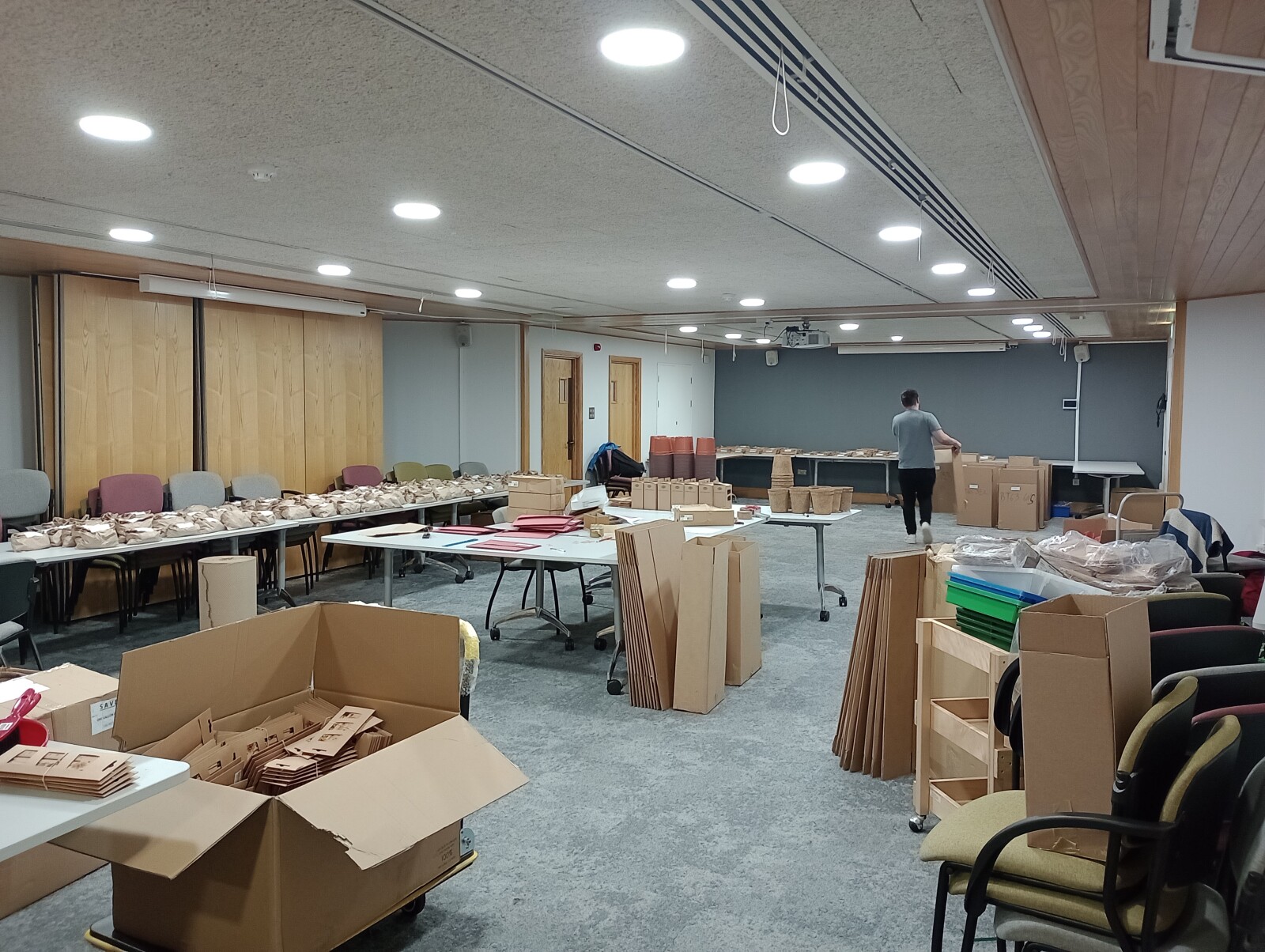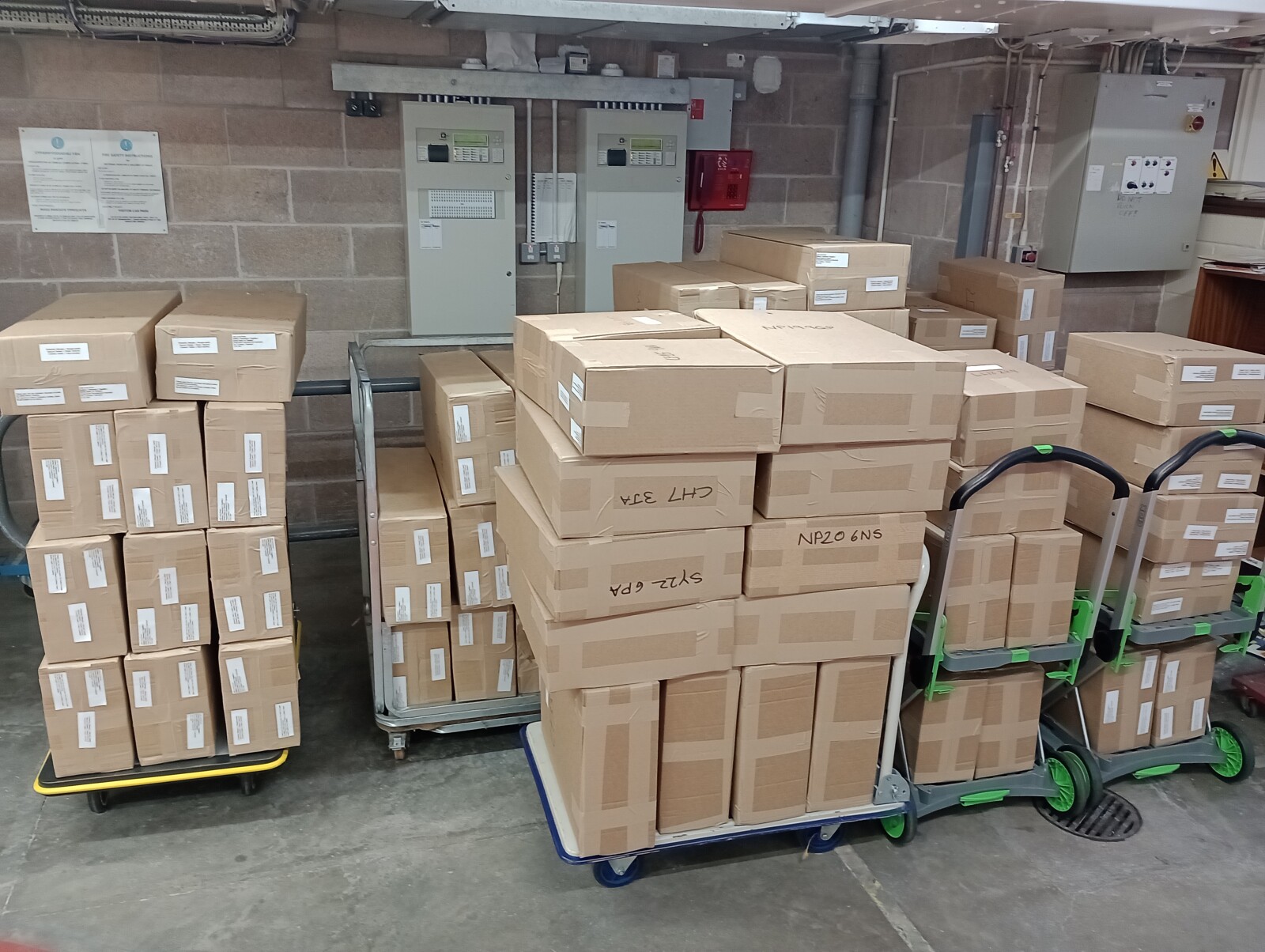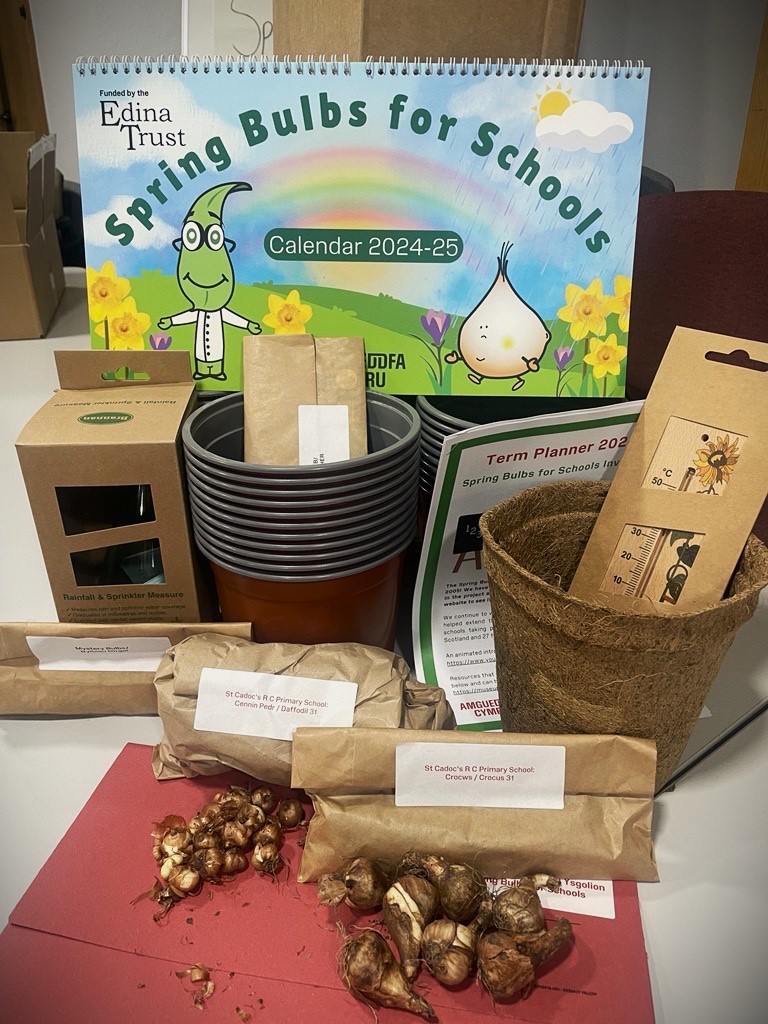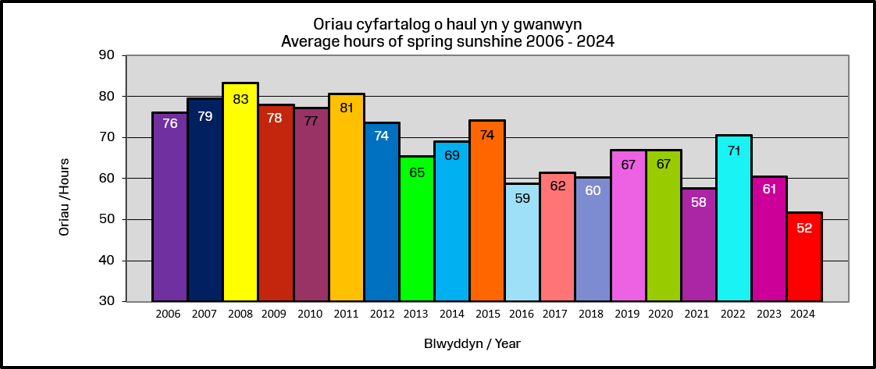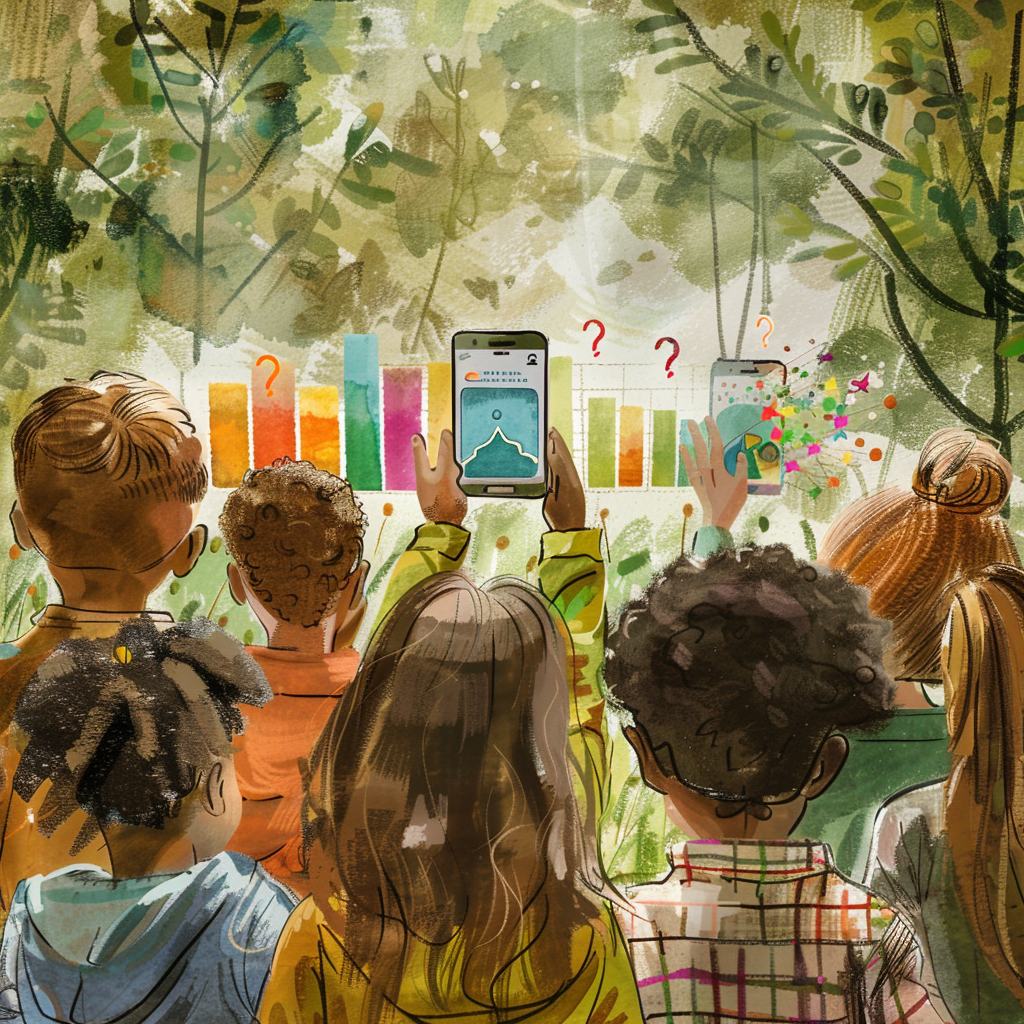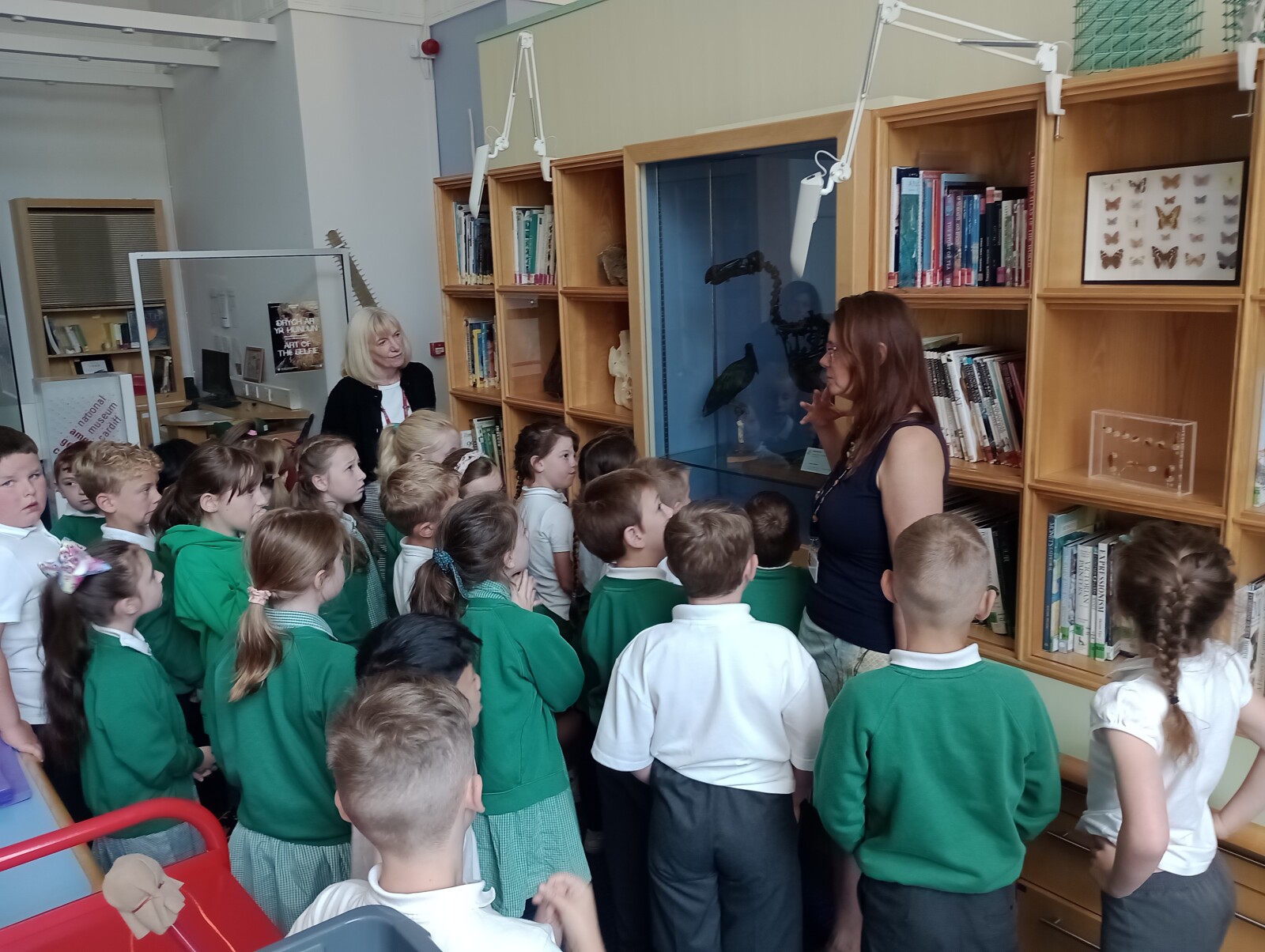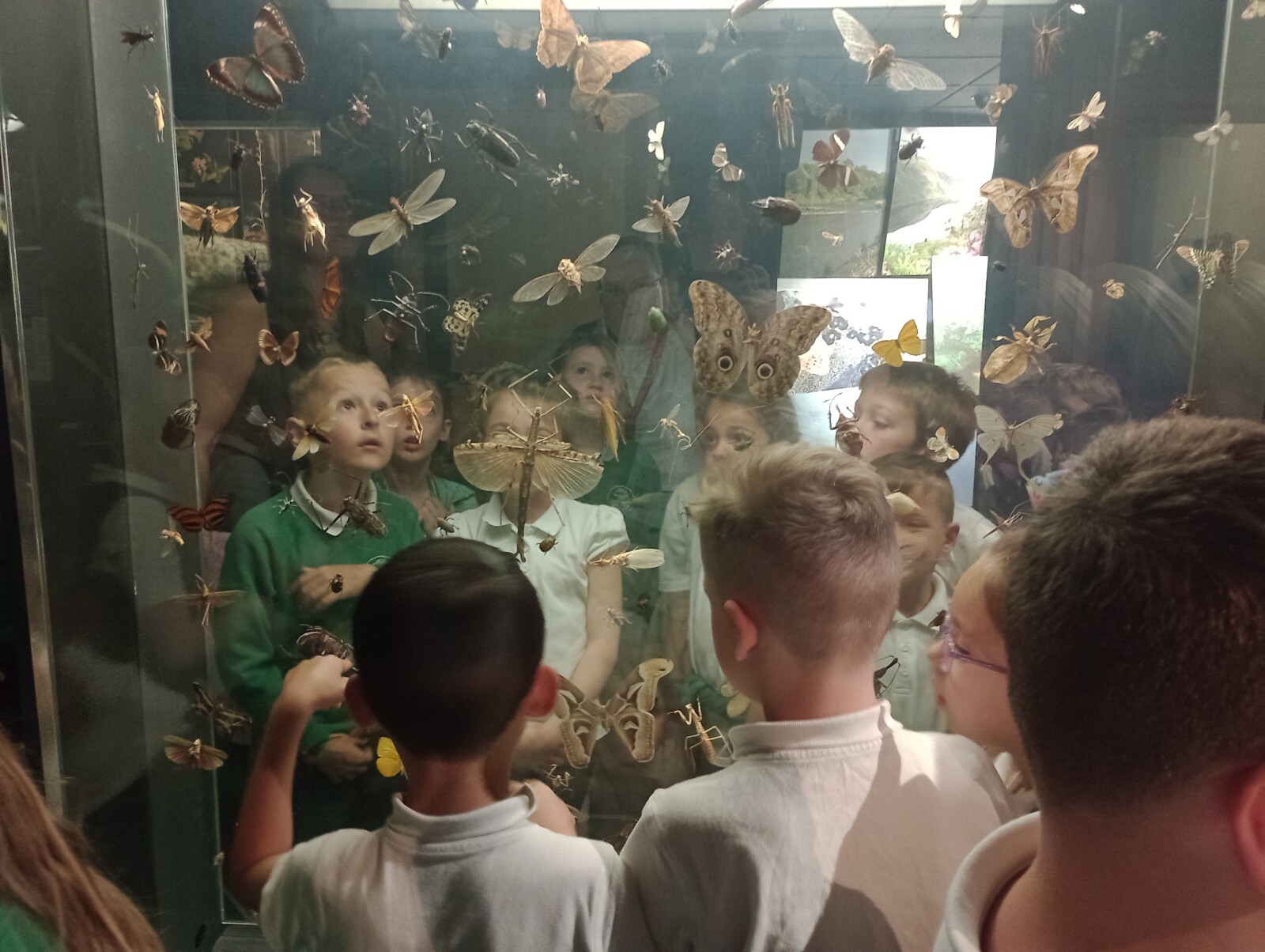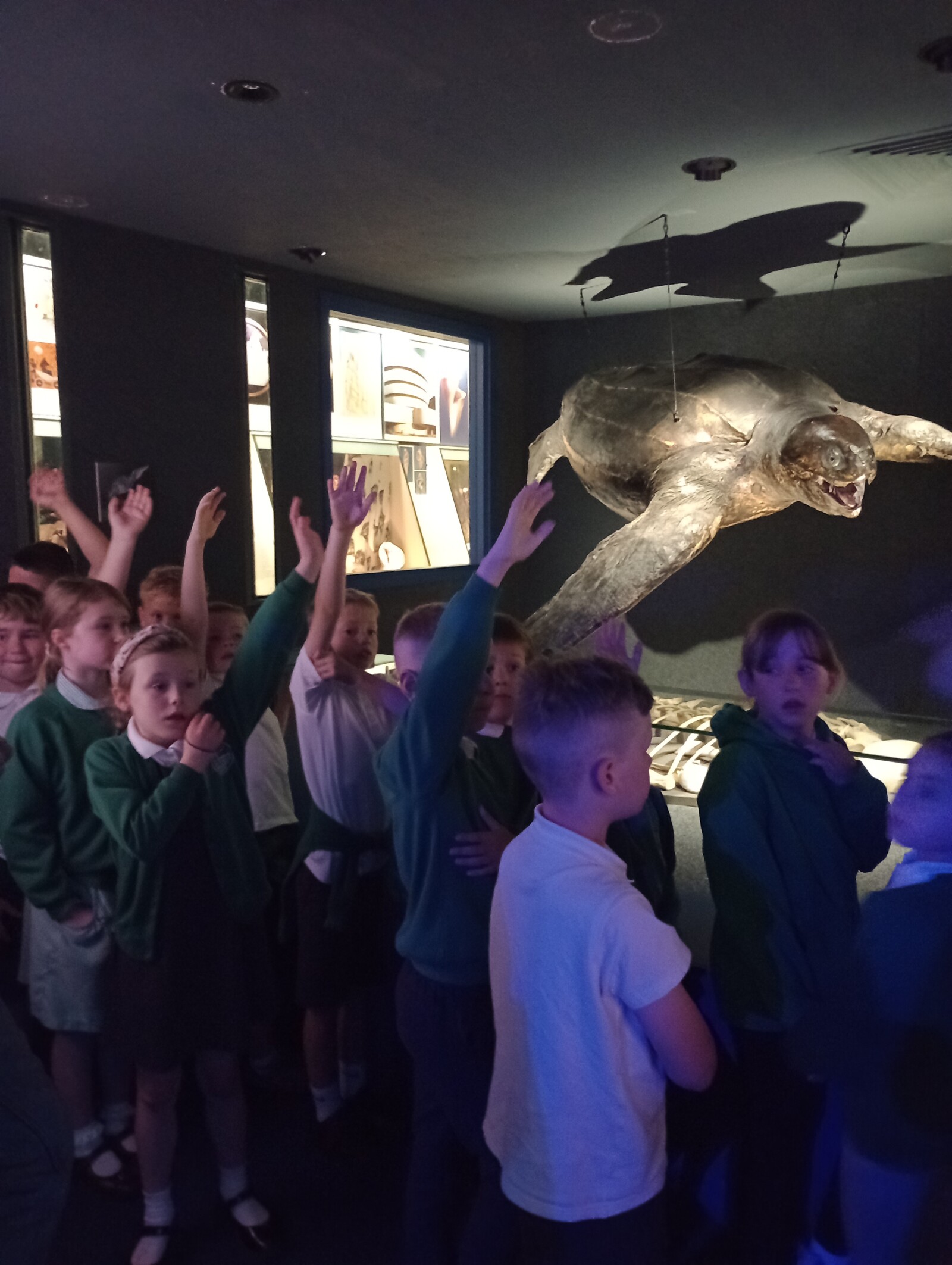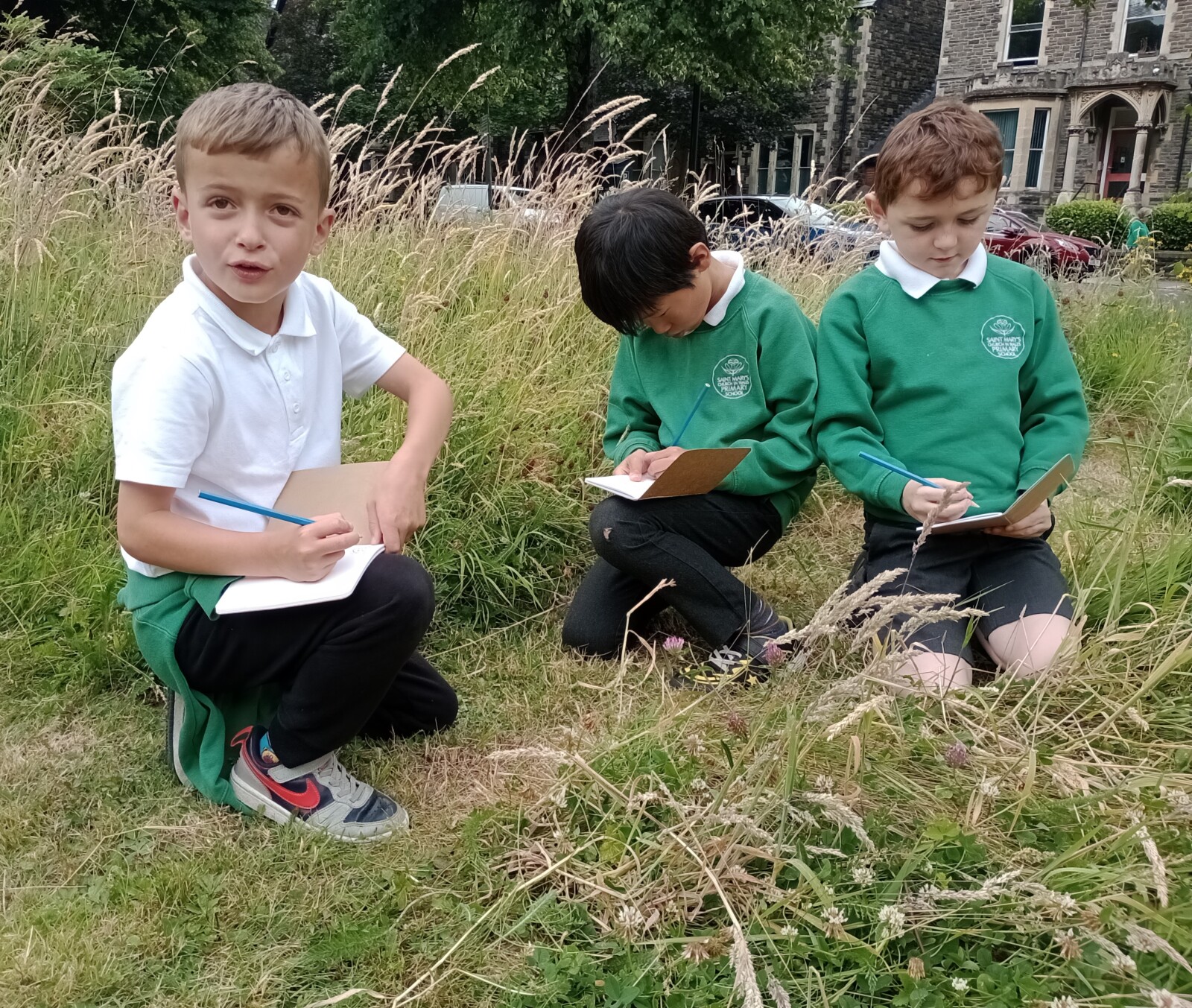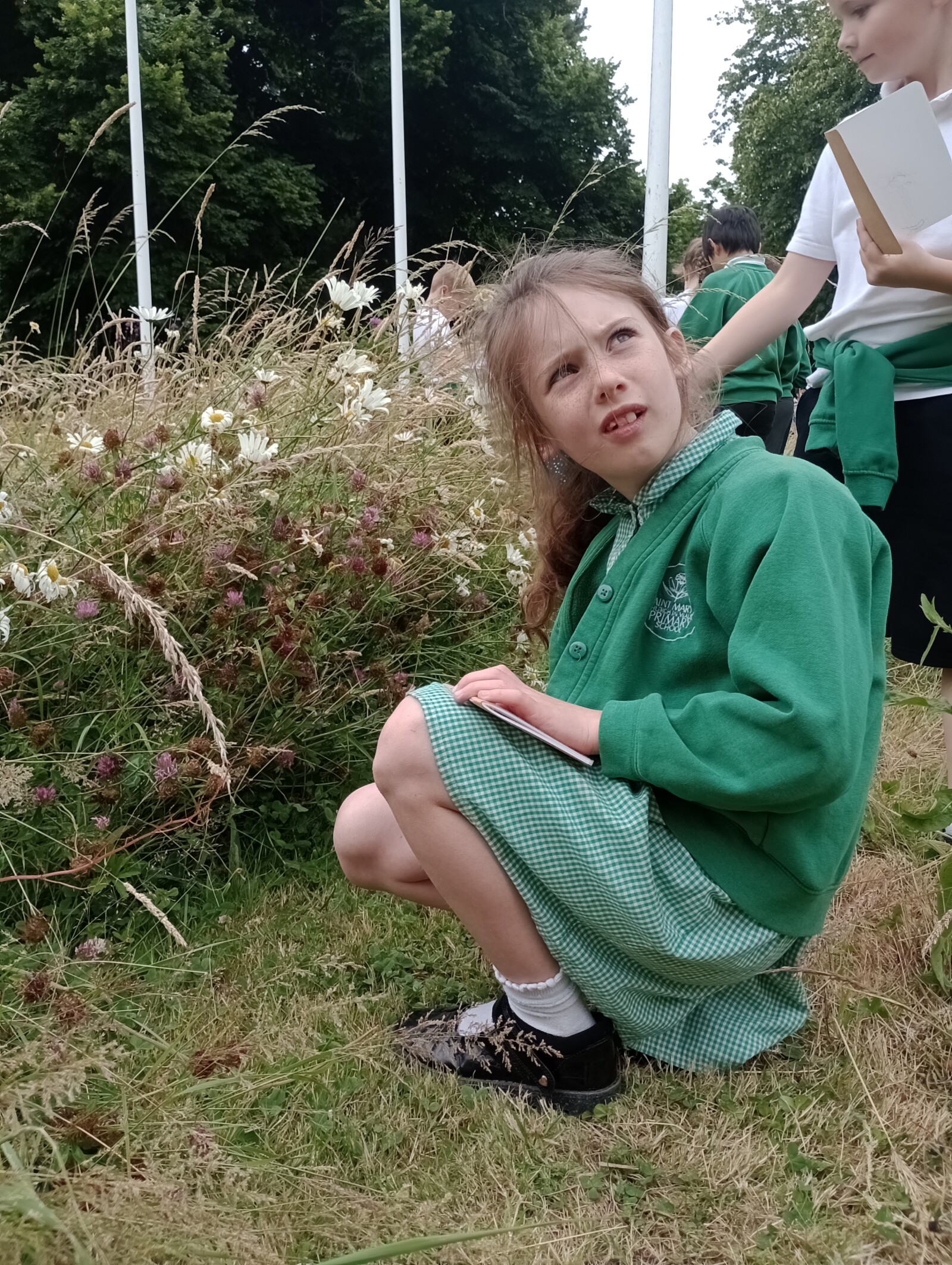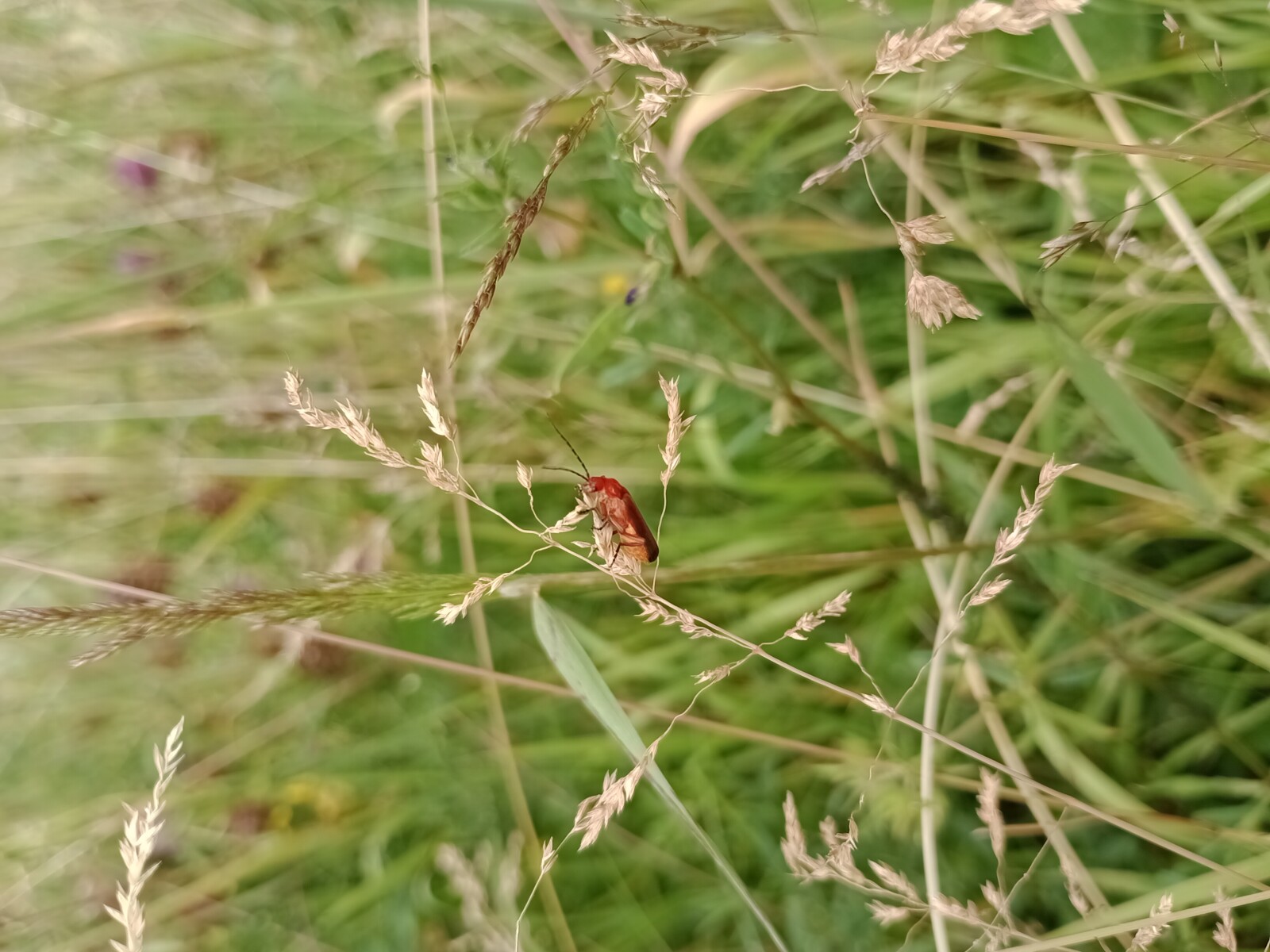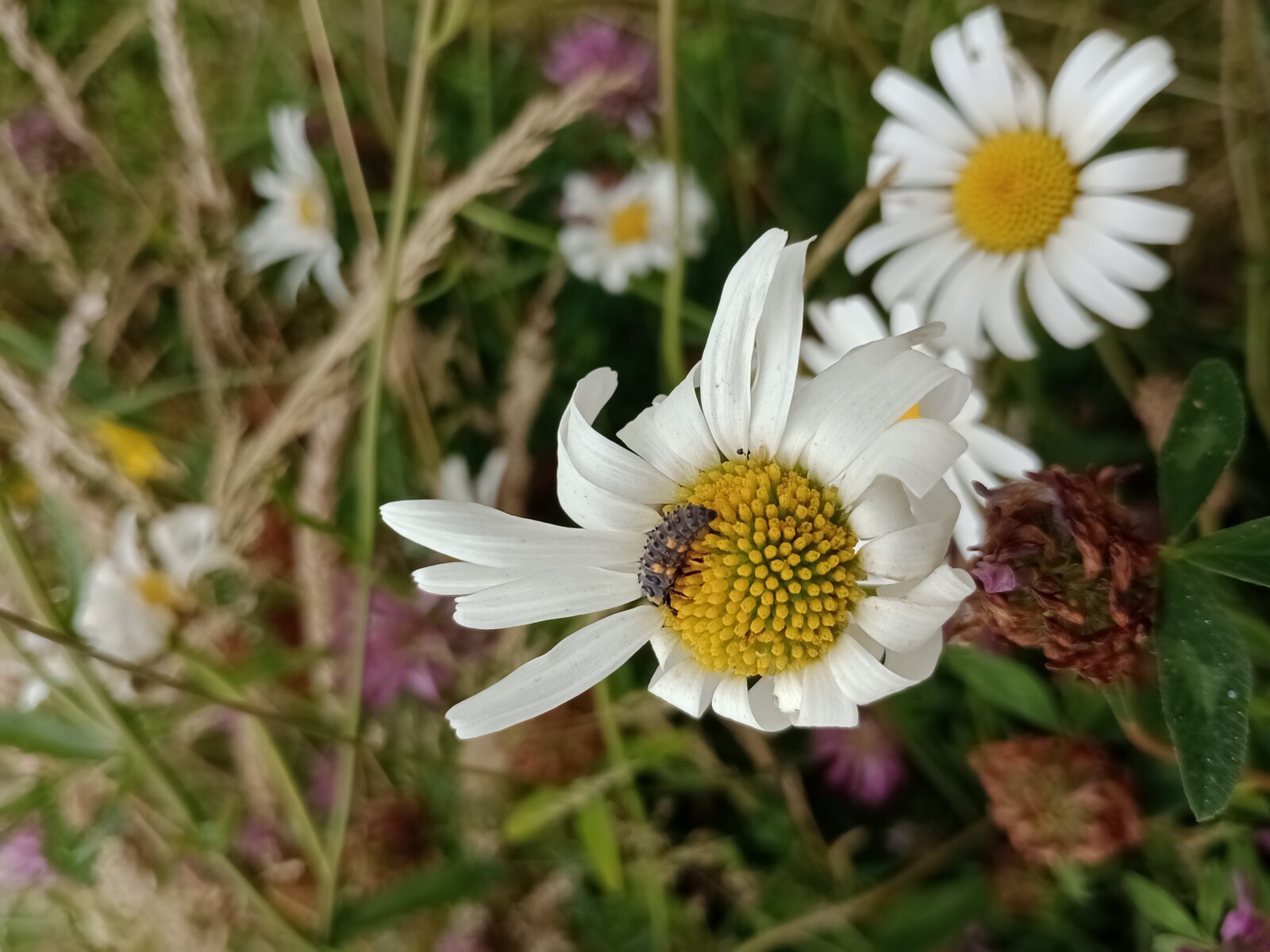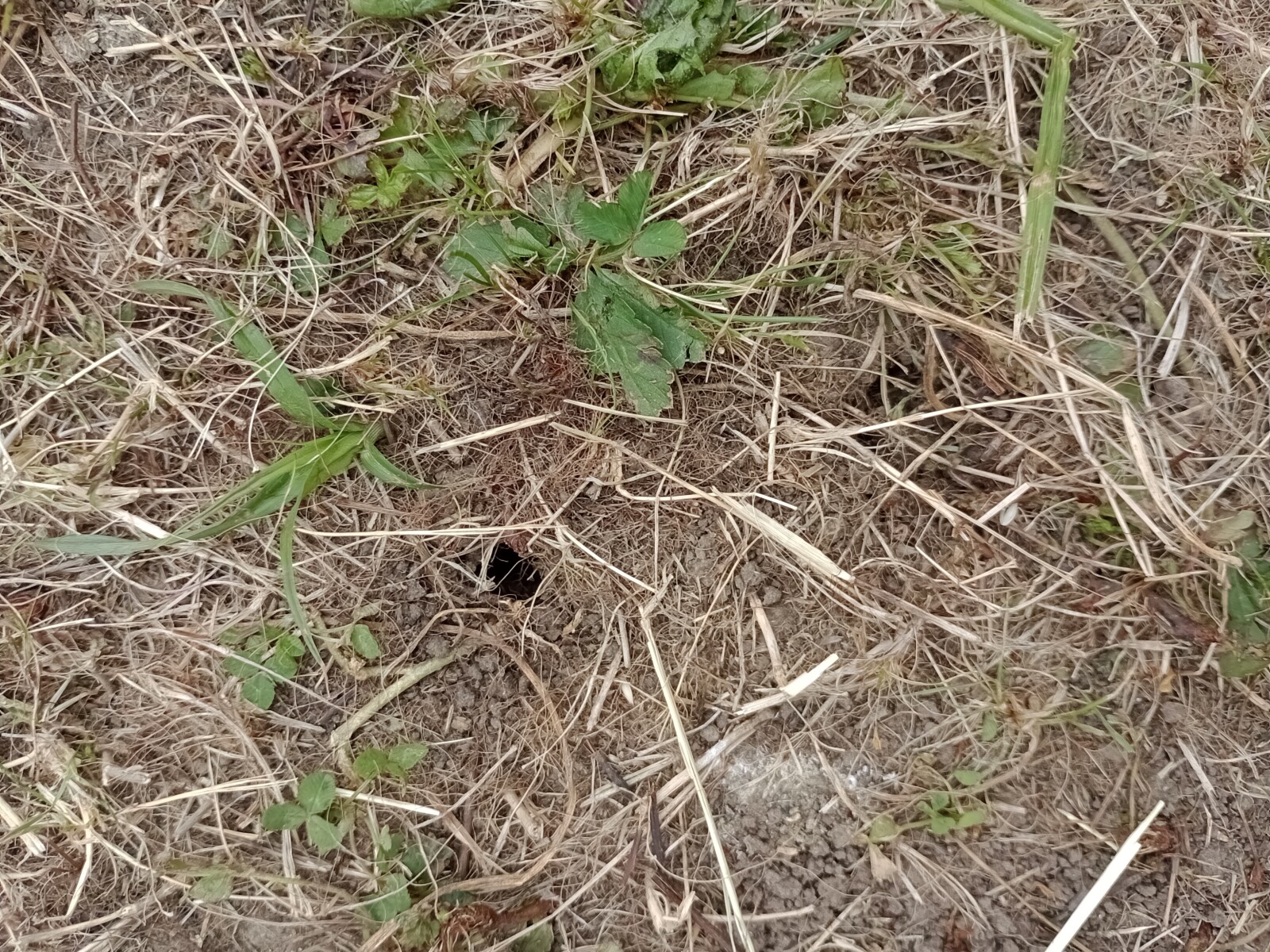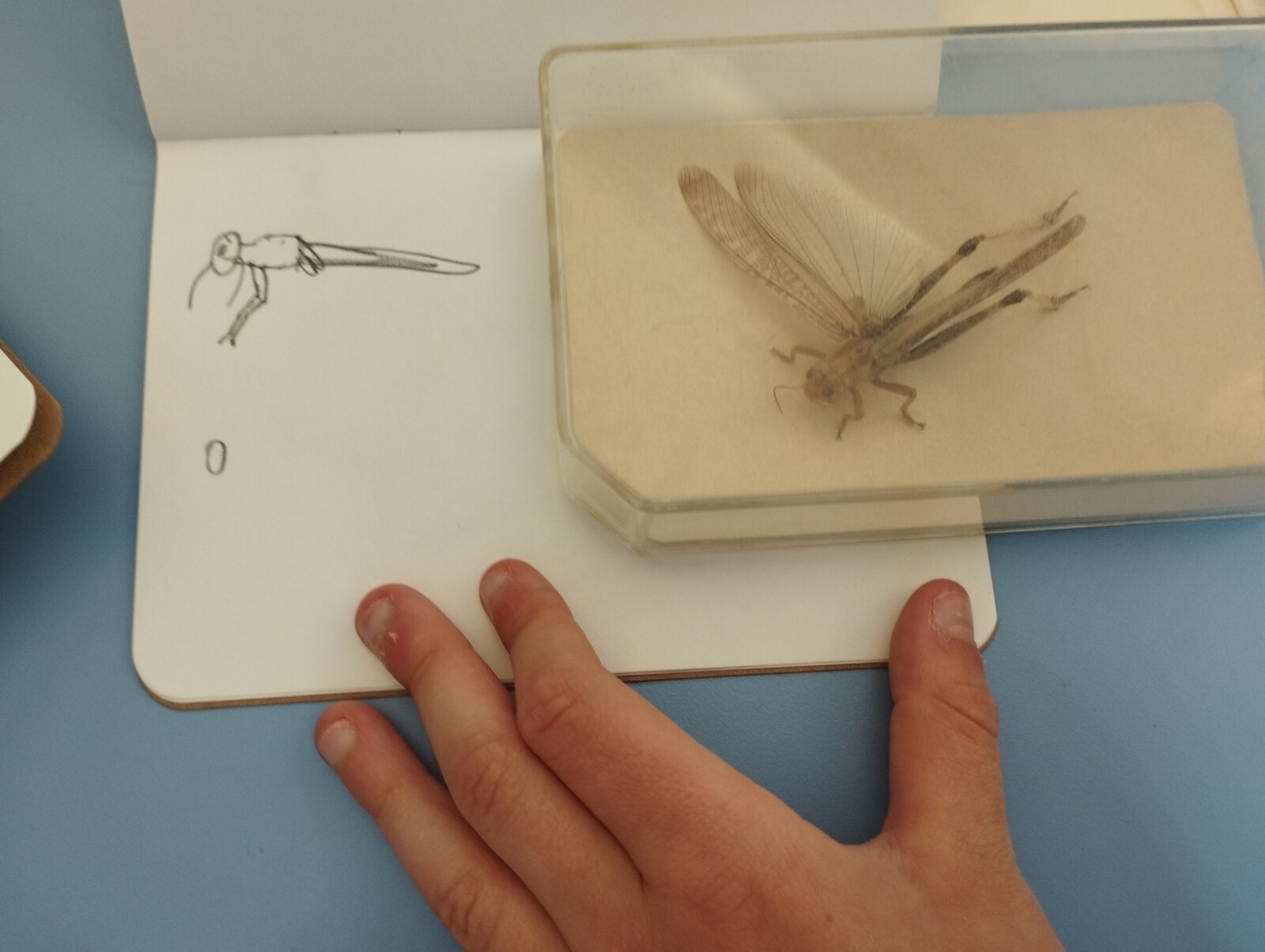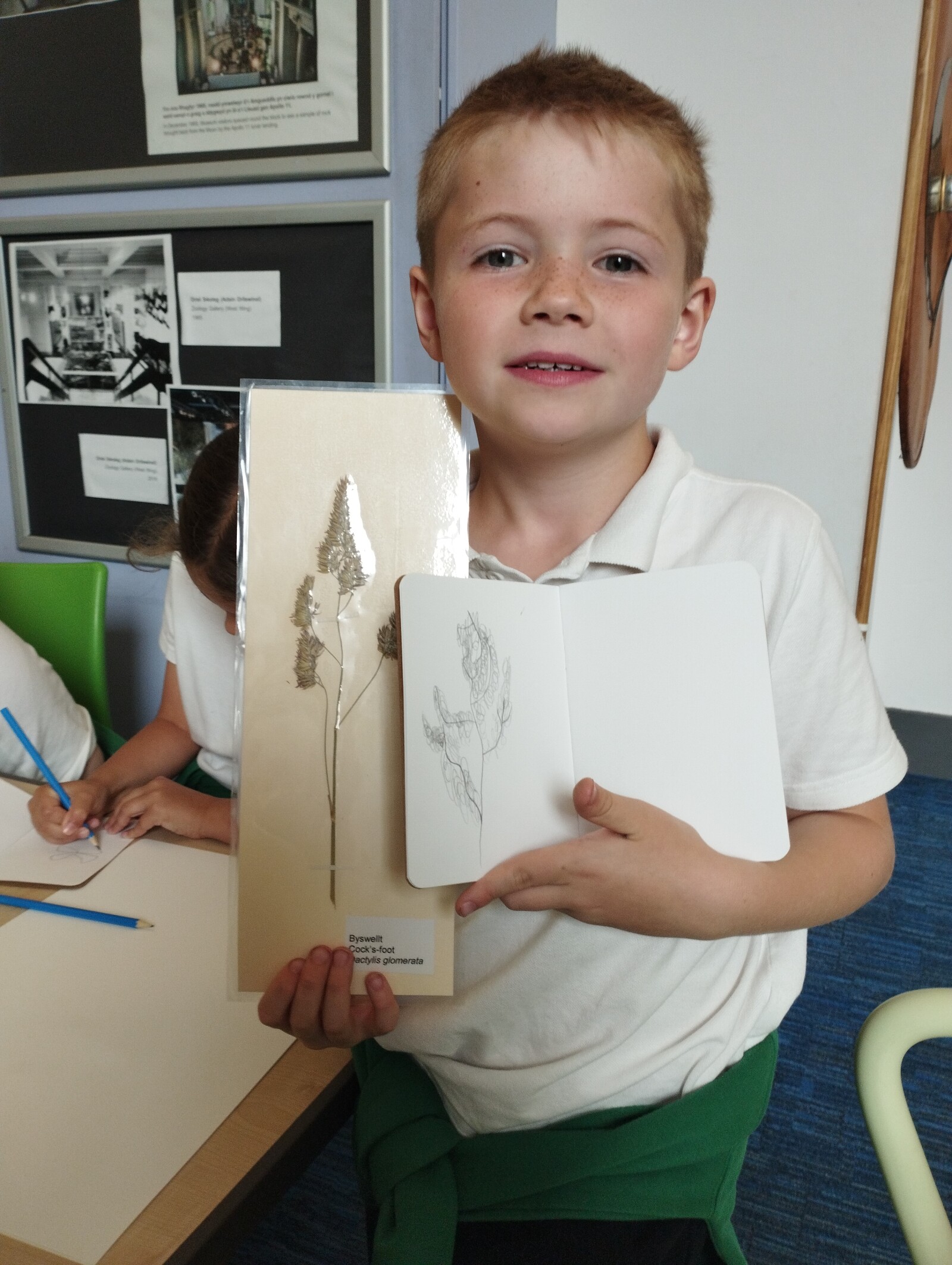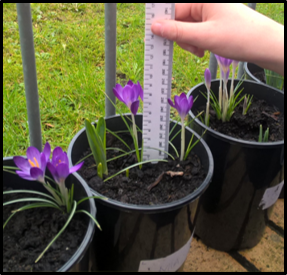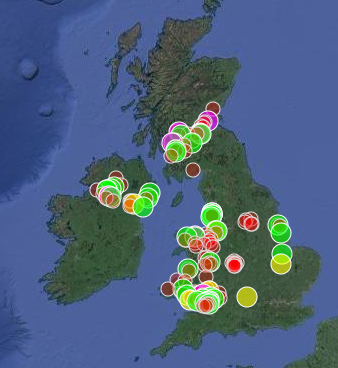Collective Action for Nature
, 18 October 2024
Dear Bulb Buddies,
This is one of my favourite times of year! Schools across the UK will be getting outside to plant their bulbs as part of the Spring Bulbs for Schools Investigation. Each participating school was sent a crocus and a daffodil bulb for every pupil in the enlisted class to plant on 21 October (or the closest date possible). This means that some schools will be planting this week and others will plant next week. I look forward to sharing their fantastic photos with you. We run a Planting Day Photo Competition every year, so check in on this Bulb Blog again to see the winning images and follow @Professor_Plant on Twitter to see all of the fantastic photos shared!
We have many fun and engaging resources on the website. Some are specific to the investigation but others can be adapted for all schools. Resources developed to support this stage of the investigation can be found here:
Step 1: Preparing for planting day (early October)
Step 3: Optional hands-on weather and gardening themed activities
This will also be the second year that we run the Bulbcast competition. This is a fun and creative task that participating classes can undertake alongside the investigation. Our budding scientists are asked to plan, record and edit a short video exploring their favourite parts of the investigation. Resources to support this task can be found here, and the winners will be announced towards the end of the academic year. I can't wait to see what this years creative minds produce. I wonder how many schools will mention or show footage of planting day in their entries?
All participating schools were sent a new resource this year, a cheerful calendar that has been especially designed to help the class document their weather and flower data. This includes key dates for the investigation and a proposed structure for organising the data collection. Teachers can choose to split their class into five groups, who each take turns to document and upload the weather data. The hope is that this will help to give ownership of the investigation to the children. As a result, we may very well see references to the different groups in the comments I'll share from schools over the course of the investigation.
I look forward to sharing regular updates on the investigation with you. I hope you are celebrating Planting Day with me, as schools across the UK join together to plant over 18,000 bulbs in this collective action for nature. Go Bulb Buddies!
Professor Plant
